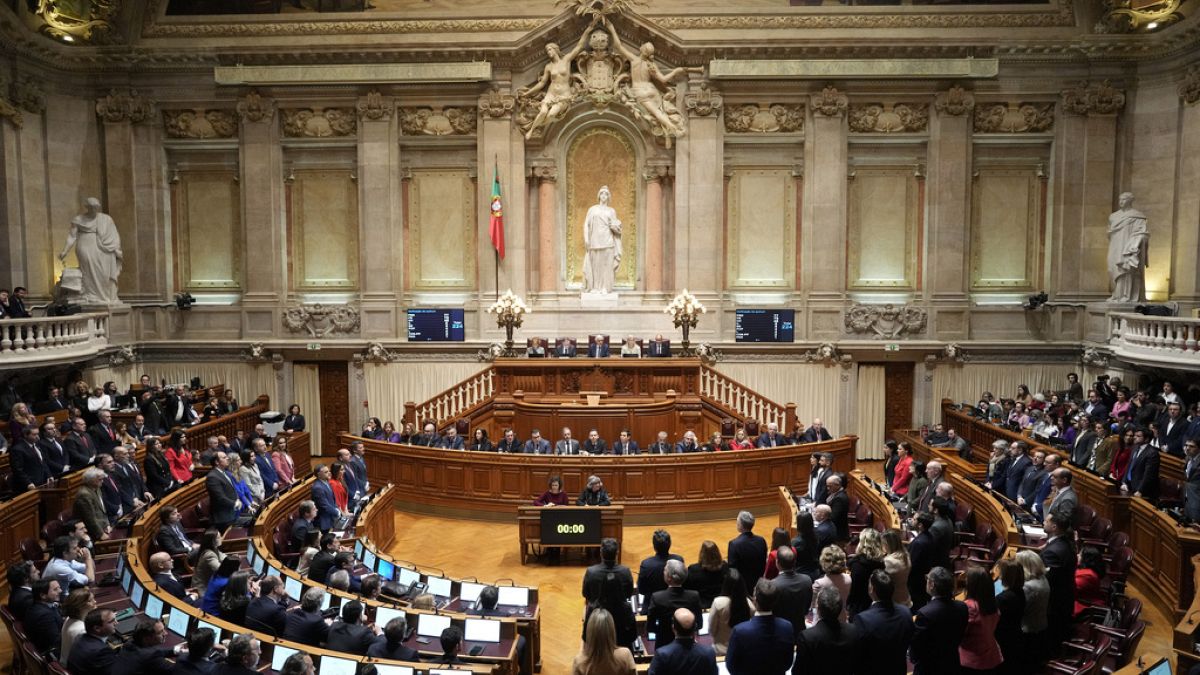

In recent days, significant strides have been made across various parts of the globe in justice and human rights. Progress has been seen from legal reclassifications to watershed court rulings, each step contributing to a more equitable world.
In Portugal, a monumental decision has been made as the parliament reclassifies rape from a private to a public crime. With several members of the Socialist Party showing rare alignment in favor of this change, despite their party’s official stance of abstention on some aspects, this legislation aligns Portugal more closely with broader European standards. This reclassification signifies an enhanced commitment to justice for survivors and places a greater responsibility on the state to prosecute such crimes diligently, even in the absence of a formal complaint from victims.
Meanwhile, a ground-breaking court ruling in Spain has recognized environmental pollution as a breach of human rights. A court has ruled against a local pig farm for contributing significantly to pollution, thus affecting the lives and health of nearby residents. This decision is expected to transform the landscape around a local reservoir, fostering an environment where residents can once again enjoy natural resources without health hazards. It’s a heartening reminder of the connection between environmental wellbeing and personal rights.
In Sweden, the country’s Migration Minister, Johan Forssell, made headlines when he expressed deep shock over his teenage son’s involvement with far-right extremist groups. This revelation came after the Swedish security service, Säpo, tipped off the minister. While the personal and political implications of such associations are significant, the minister’s openness reinforces the need for vigilance and transparency in addressing extremism from all quarters.
Significant judicial progress was also made in the field of athletes’ rights, as evidenced by South African runner Caster Semenya’s legal victory. The European Court of Human Rights ruled in her favor, stating that she did not receive a fair trial concerning policies mandating the reduction of her natural testosterone levels to compete in women’s sports. This landmark ruling not only elevates the discussion about gender and sports but also highlights the importance of fair treatment and human rights for athletes worldwide.
In another compelling case for human rights, Choi Min-kyung, a North Korean defector, has taken the courageous step of suing Kim Jong-un. She claims damages for the ordeal of torture and sexual violence she endured in detention facilities. By filing this lawsuit in South Korea, she not only seeks personal justice but also aims to draw international attention to the severe human rights abuses within North Korea’s borders, advocating for accountability and change.
In Bangladesh, a cultural shift is underway as the caretaker government overturns an outdated protocol from the regime of former leader Sheikh Hasina. Under this change, female officials will no longer be addressed as “sir,” a decision implemented by Nobel Peace Prize laureate Muhammad Yunus since taking office. This move signals a broader respect and empowerment of women in official roles, reflecting a more inclusive and respectful governmental protocol.
Each of these developments represents a stepping stone toward a more just and humane global society. As different cultures and nations work towards greater equity and respect, these changes remind us of our shared journey towards a fairer world.
Source: {link}
